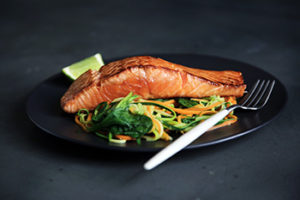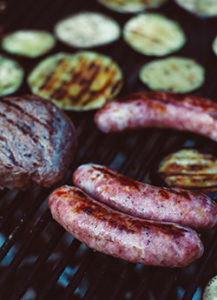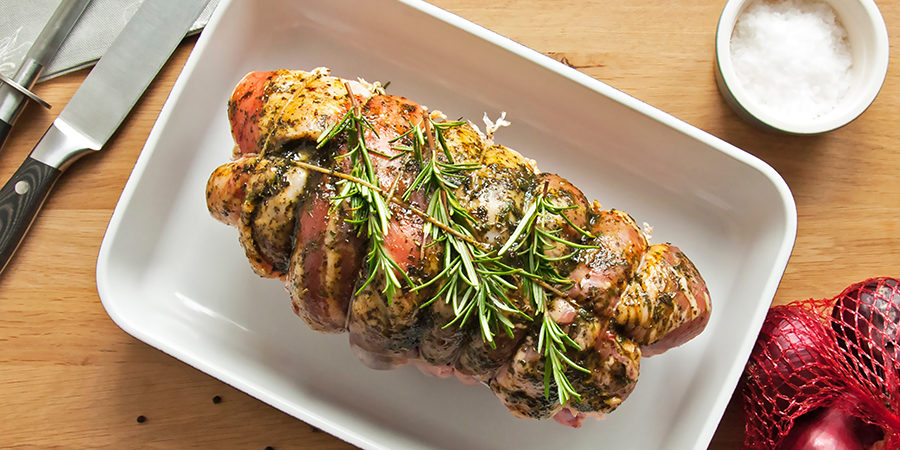Did you know that our bodies are literally made of protein from our bones to our muscles, arteries and veins, skin, hair, and fingernails?
Our heart, brain, liver, kidneys, and lungs are built of tissue made of proteins. Protein slows down aging and promotes longevity while improving your mood!
Proteins help carry the oxygen that reddens our blood. In the form of enzymes, proteins digest our food, synthesize essential substances, and break down waste products for elimination. It stabilizes blood sugar levels
When fat and carbohydrates are insufficient, proteins produce the energy we need for life. Protein is needed to “carry” fat and cholesterol throughout the body. Proteins in combination with a substance called sterols form hormones, which regulate the delicate chemical changes that constantly take place within the body. That’s why brain function and learning improve with subsequent protein intake.
The chromosomes, which pass on our characteristics to our children, include protein in their structure!
Here are some good examples of high-quality protein:
Wild-Caught Salmon – 3 ounces: 17 grams of protein

Photo by Caroline Attwood on Unsplash
Grass-Fed Beef – 3 ounces: 22 grams of protein
Organic Chicken – 3 ounces: 21 grams of protein
Eggs – 1 large free-range egg: 7 grams of protein
Goat Cheese (and Other Raw Cheeses) – 1 ounce: 7 grams of protein
Lamb – 3 ounces: 25 grams of protein
Liver (Chicken or Beef) – 1 ounce: 7 grams of protein
If one is considering a carnivore, high protein diet these are good guidelines to go by:
- 1 gram of protein per pound of ideal body weight is a good place to start.
- Protein: 20-40% of calories from protein (range depends on whether you’re
eating lean or fatty meat) - Carbs: ~1% of calories from carbs (you will get trace amounts of carbs from
eggs, dairy if you eat dairy, etc., but the total amount is extremely low) - Fat: 60+% of total calories
This is the most extreme approach to a nearly 0-carb diet you can get – basically the concept is to eat only meat, no plants, and particularly no plant foods that contain any amount of carbohydrate. Salt is allowed and encouraged. Some people modify it a bit with eggs, dairy, and/or spices.
If the carnivore diet is too extreme, one could go the route of the ketogenic diet where fatty protein is encouraged to get into ketosis.

Photo by Markus Spiske on Unsplash
Here is a good Keto Protein equation to start at:
> .8g x ideal body wt. = g per day/protein / 3 meals = grams of protein per meal
i.e > .8g x 150lbs. = 120g/day of protein / 3 meals = 40 grams of protein a meal
To convert grams to ounces; 1 ounce of protein is equal to 7 grams. So 40g per meal divided by 7 is 5.7 ounces of protein a day per meal for a 150-pound person.
Go to this calculator to make it easy on yourself. It helps you get your macros for the ketogenic diet. Ruled Me
Go by this equation and calculator and see how you feel and make adjustments accordingly.
To be short of protein is to be lacking in the very substance of life.


